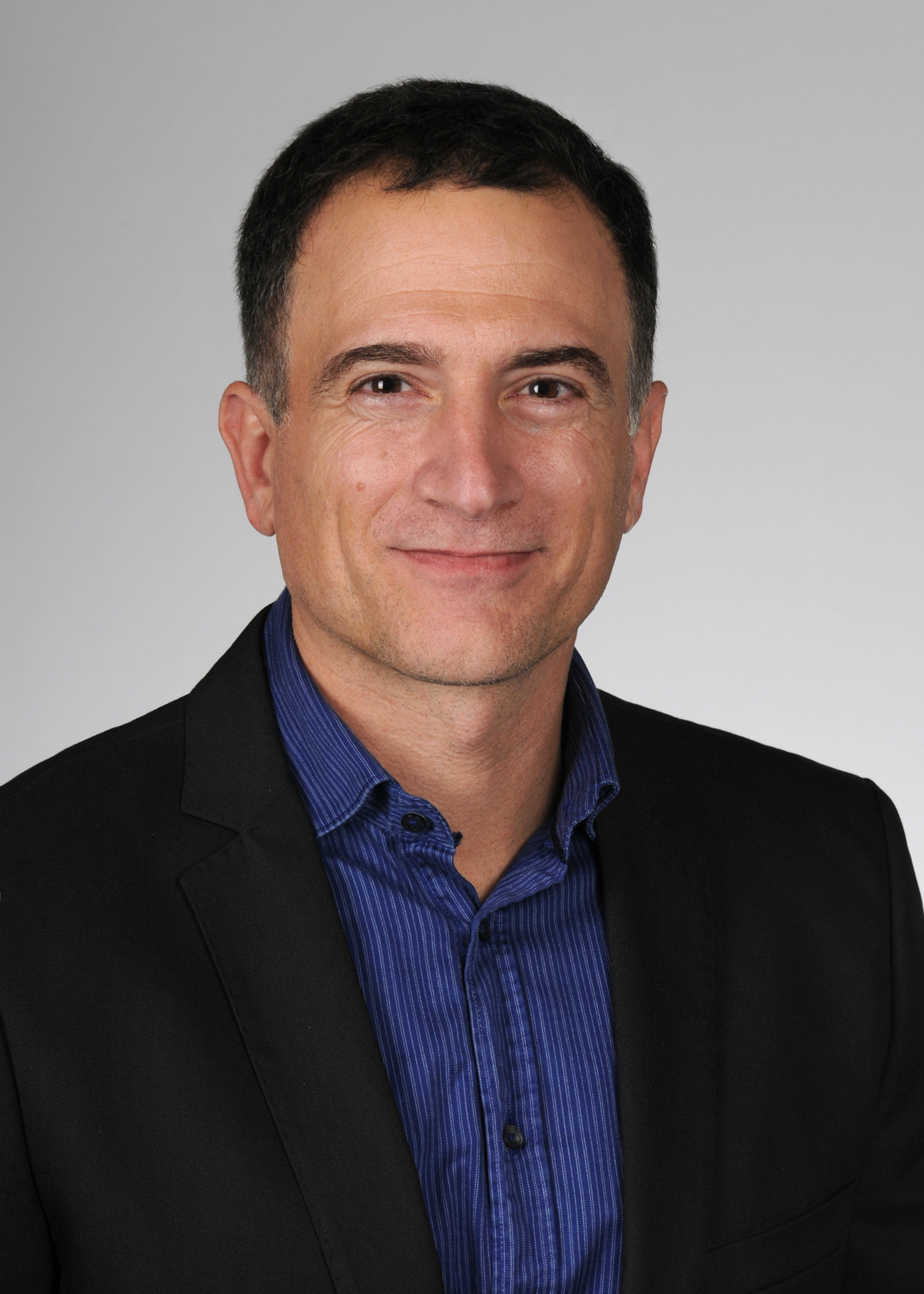 Dr. Ron Acierno is the Vice Chair for Veterans Affairs and Executive Director of the Trauma and Resilience Center, UT Health Houston. Before his recent tenure at UTH, he was the Medical University of South Carolina College of Nursing Dean for Research and Charleston VA Medical Center PTSD Clinic Director and VA Senior Research Scientist
Dr. Ron Acierno is the Vice Chair for Veterans Affairs and Executive Director of the Trauma and Resilience Center, UT Health Houston. Before his recent tenure at UTH, he was the Medical University of South Carolina College of Nursing Dean for Research and Charleston VA Medical Center PTSD Clinic Director and VA Senior Research Scientist
Dr. Acierno has published over 170 research articles and has received funding from the Department of Defense, Department of Veterans Affairs, National Institute of Justice, National Institute on Aging, and National Institute of Mental Health, The Retirement Research Foundation, The Archstone Foundation, and the Offices of the Attorney General of South Carolina and Texas, among others. He is the Current Co Editor of the Journal of Child and Adolescent Substance Abuse and the International Journal of Psychiatry in Medicine, as well as on the Editorial Boards of several peer review journals,
He has several major articles in his diverse areas of research in telemedicine, PTSD, Elder Abuse, and Disaster Affected populations. For example, his article: Psychological sequelae of the 2004 Florida hurricanes: Implications for post-disaster intervention represented the first study to focus on the mental health effects of natural disasters older adults using epidemiological methodology. Similarly, his articles: Prevalence and Correlates of Emotional, Physical, Sexual, and Financial Abuse and Potential Neglect in the United States: The National Elder Mistreatment Study and the longitudinal followup paper The National Elder Mistreatment Study: and 8-Year Longitudinal Study of Outcomes were the first to apply epidemiological methodology to determine Elder Mistreatment Prevalence across the US. Finally, his article A Non-Inferiority Trial of Prolonged Exposure for PTSD: In person vs. Home Telehealth and its two replication papers actually provided evidence support wholesale transfer of in person psychotherapy to telemedicine mediums, which was somewhat timely given the current context.
In addition to his academic and administrative work, he offers pro bono consultation to Military, VA, Police, Fire, and Chaplaincy services, as well as primary care clinics and other agencies that serve victims of violence and abuse.
